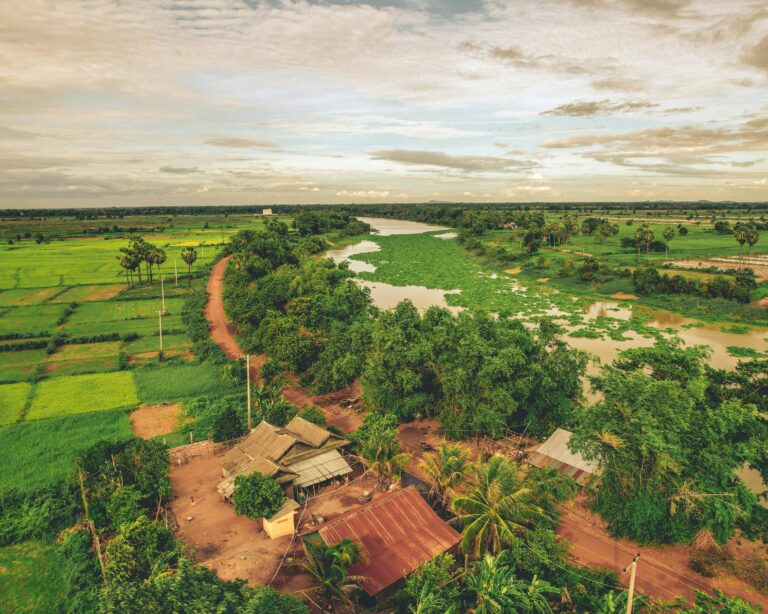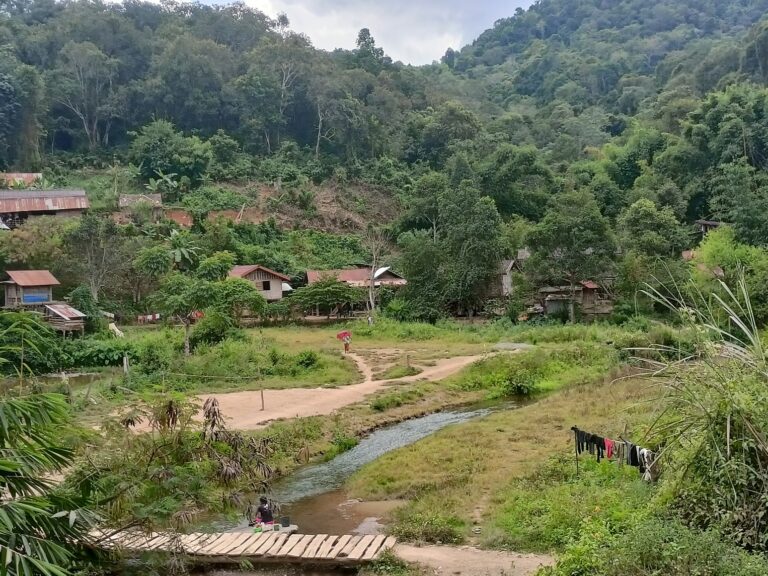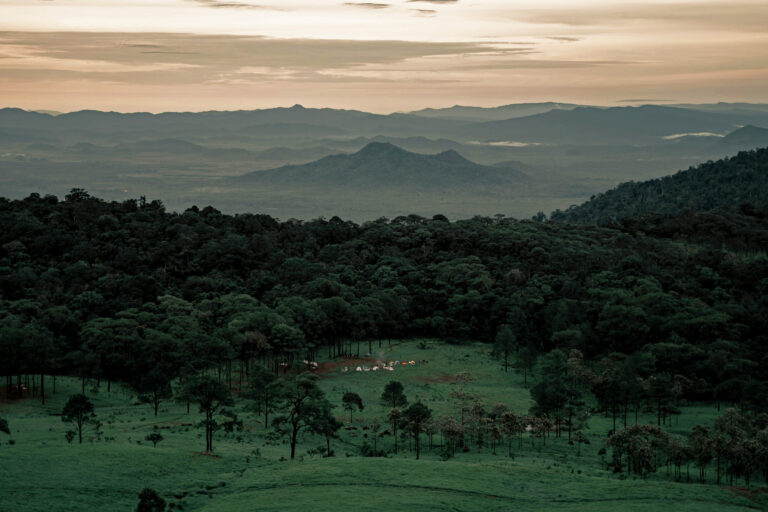Project Description
The rural communities of Vietnam’s Mekong Delta rely on abundant wet season freshwater for agricultural productivity, yet increasingly face challenges accessing clean water during the dry season. In recent years, saline intrusion into river and groundwater systems has intensified and persisted longer due to dry season water demand, hydropower development, sand mining, and land subsidence—trends expected to worsen with climate change. In response, the Building Resilience to Saline Intrusion in the Mekong Delta initiative assessed the rural domestic water supply sector and aimed to strengthen its resilience to saline intrusion and other climate-related hazards.
Objectives, Activities, and Results
The project conducted a delta-wide situation analysis of water supply capacity, water source quality, and existing management systems. Hazard mapping and projections were developed for climate scenarios up to 2050. Vulnerability assessments of water systems were performed both regionally and in two case study locations, addressing six hazards: saline intrusion, flood, drought, erosion, land subsidence, and pollution. The project recommended tailored structural and non-structural interventions, and developed tools such as a Source Assessment Methodology, Climate Resilience Framework, and Water Safety Plan. Results informed adaptive water infrastructure planning and enhanced climate resilience in the Mekong Delta’s domestic water supply sector.



